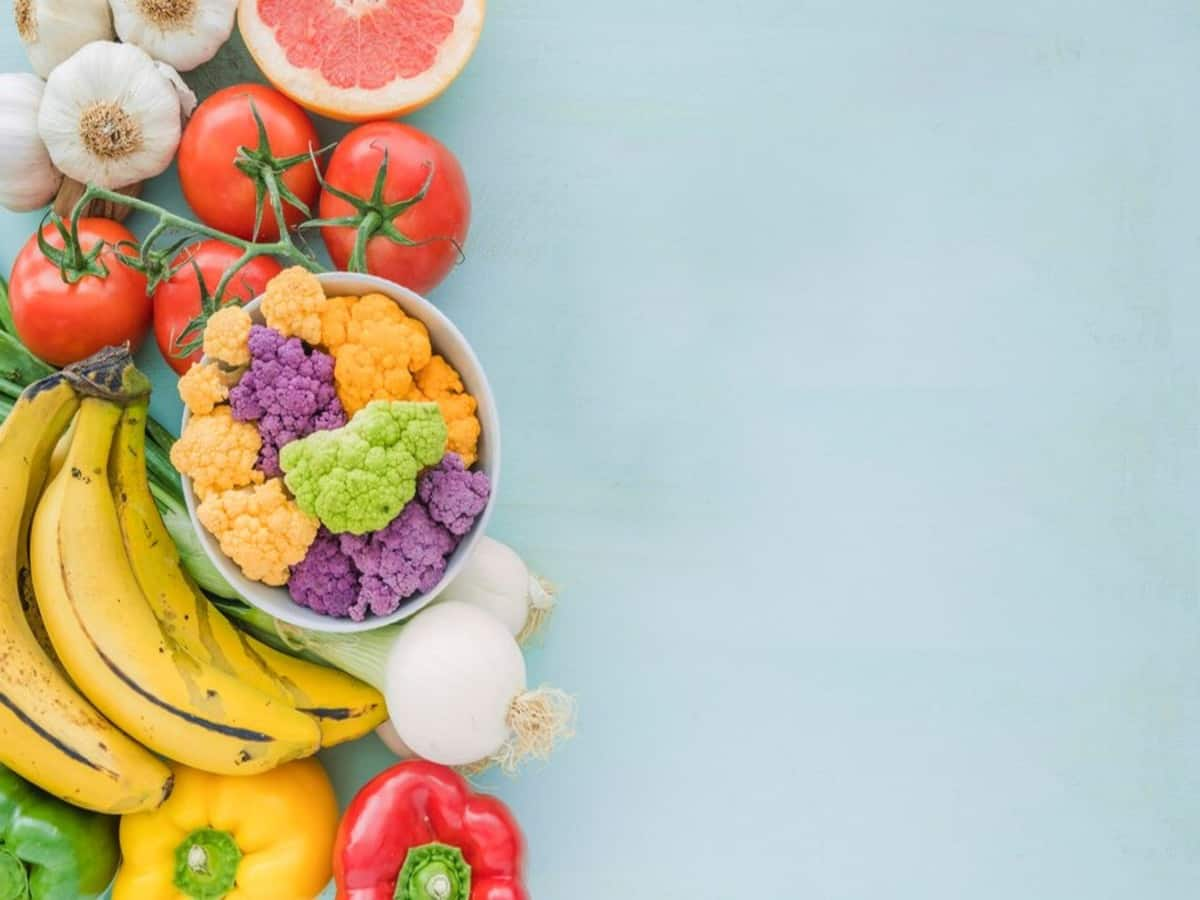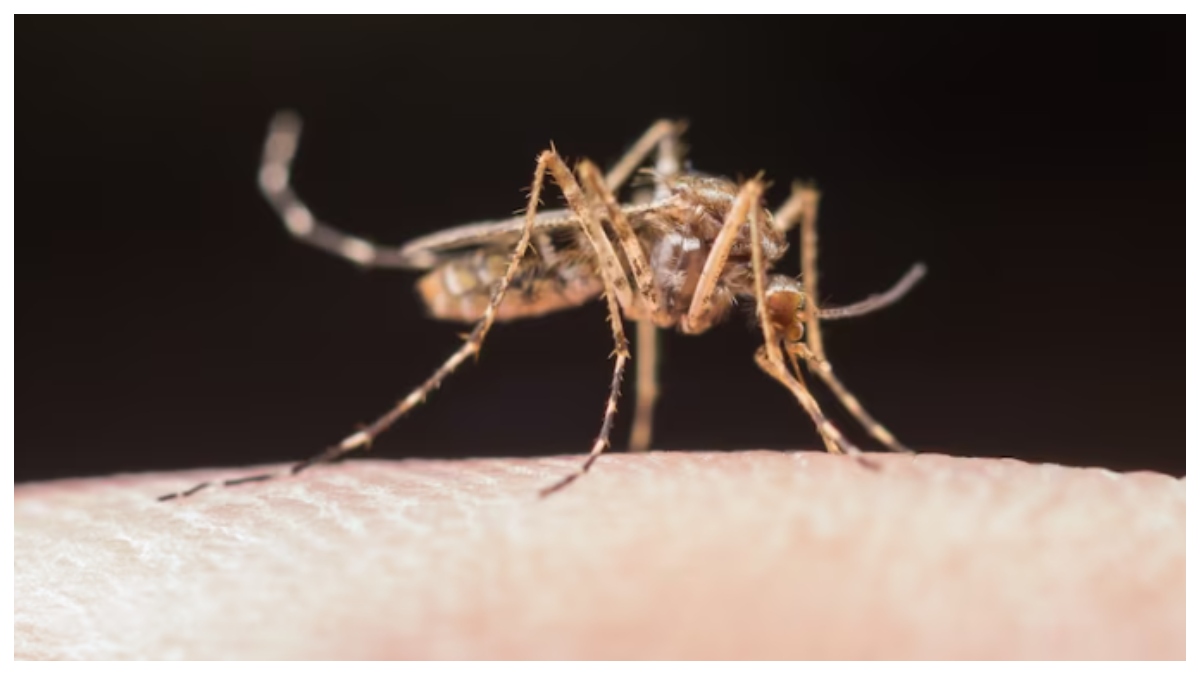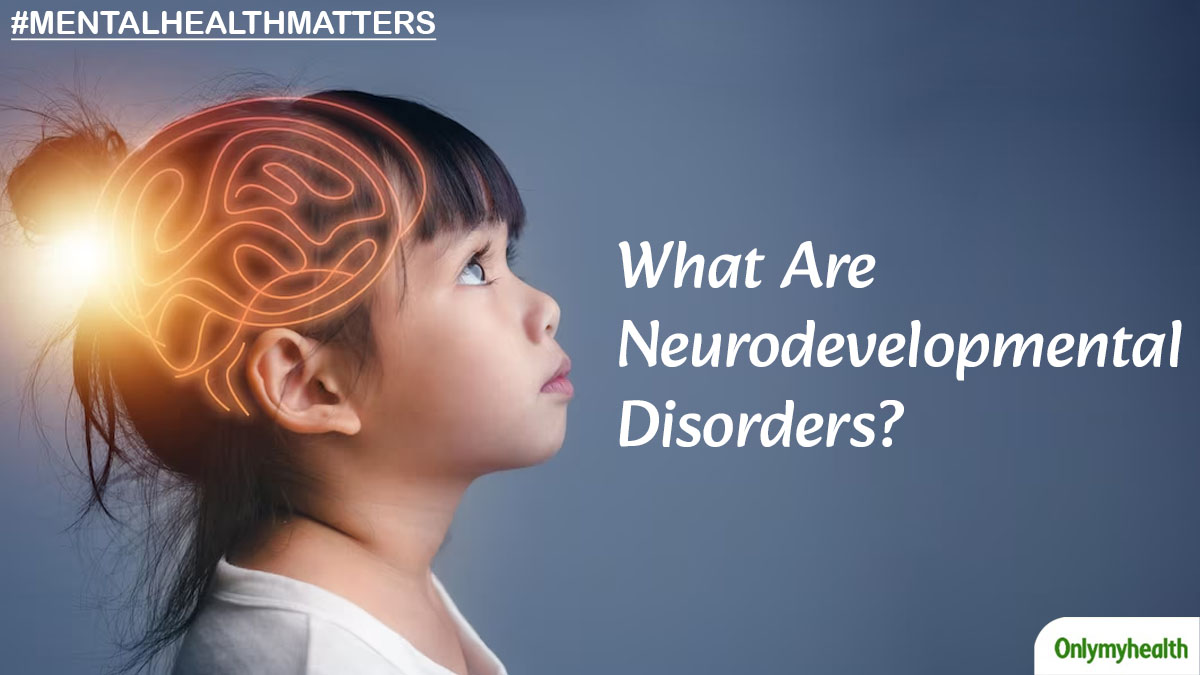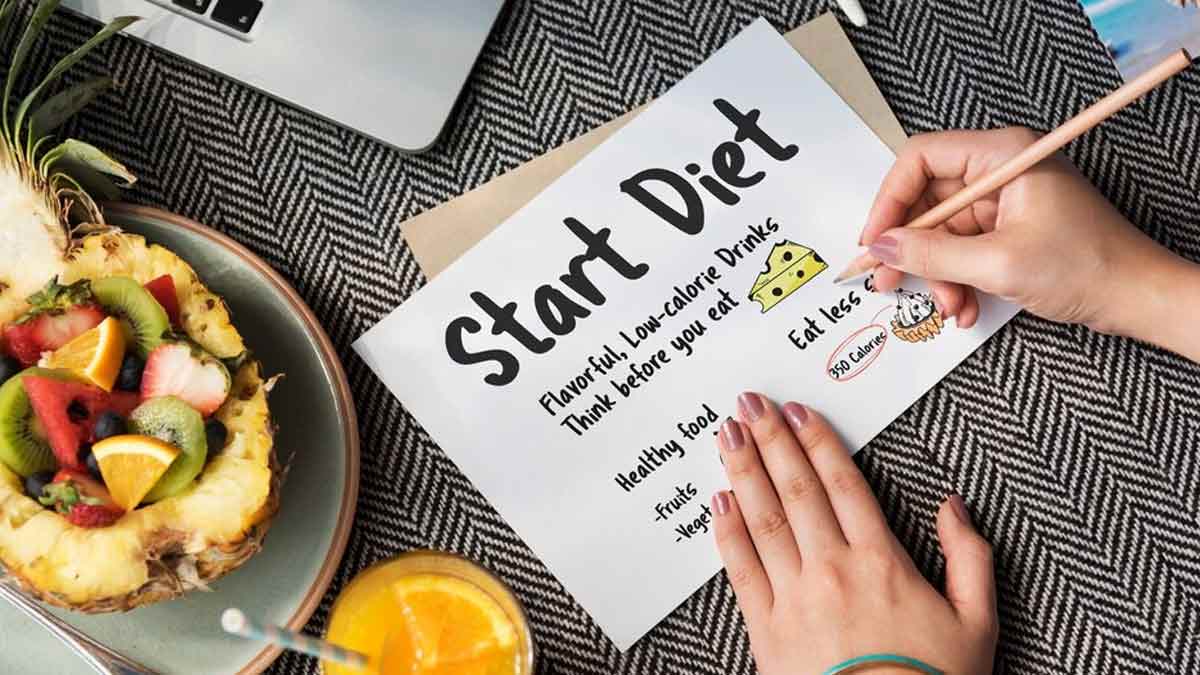


Hypertension poses a huge health burden in India. According to the World Health Organisation (WHO), nearly 27% of the total deaths in India due to non-communicable diseases are attributed to cardiovascular disease which affects 45% of people in the 40-69 age group, a major risk factor for which is hypertension or raised blood pressure. WHO shared that high blood pressure ‘remains poorly controlled due to low awareness about hypertension, lack of appropriate care through primary care and poor follow-up.’
To combat this growing trend of hypertension, The National Heart, Lung, And Blood Institute (NHLAB) recommended adopting the heart-healthy DASH diet, which stands for ‘Dietary Approaches to Stop Hypertension.’
What Is The DASH Diet?

Speaking to the team of OnlyMyHealth, Dr Amit Bhushan Sharma, Director & Unit Head- Cardiology, Paras Health, Gurgaon said, “Hypertension affects the arteries. When you have hypertension, the blood flows through the arteries with great force imposing stress on the heart, and leading to severe headaches, chest pain, dizziness, shortness of breath, anxiety, nausea, and many others.”
As per NHLAB, The DASH diet does not require any special foods and instead relies on daily and weekly nutritional goals. As per the DASH diet, here’s what your meal plan should be:
- Eating vegetables, fruits, and whole grains.
- Including fat-free or low-fat dairy products, fish, poultry, beans, nuts, and vegetable oils
- Limit foods high in saturated fat, such as fatty meats, full-fat dairy products, and coconut, palm kernel, and palm oils.
- Avoid beverages and sweets that have added sugar.
- Choose foods rich in potassium, calcium, magnesium, fibre, and protein.
- Opt for foods that are low in sodium.
Mentioning the daily servings you should take if choosing the DASH diet, NHLAB shared:
- Grains: 6–8 servings
- Meats, poultry, and fish: 6 or less servings
- Vegetables: 4–5 servings
- Fruit: 4–5 servings
- Low-fat or fat-free dairy products: 2–3 servings
- Fats and oils: 2–3 servings
- Sodium: 2,300 mg
Heart Healthy Diet
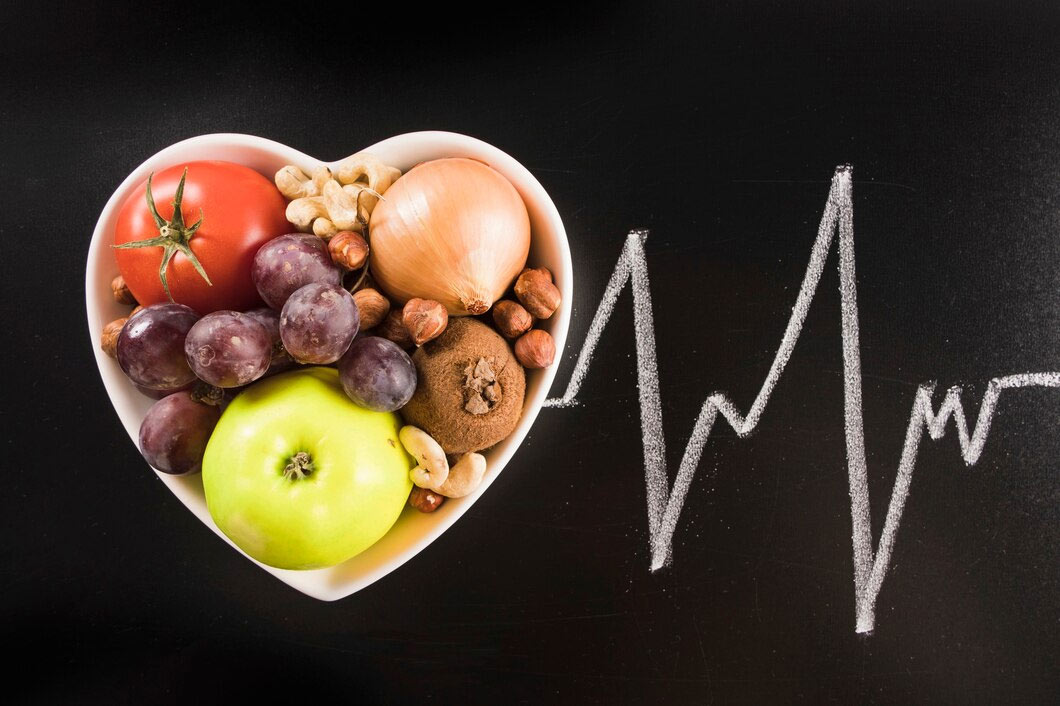
Harvard TH Chan School Of Public Health shared that the DASH diet promotes eating less carbohydrates and more protein and unsaturated fats. Citing a clinical trial that assessed the effect of swapping out 10% of calories from carbohydrates with protein (especially plant proteins) or monounsaturated fats (olive oil, canola oil, nuts, seeds) lowered blood pressure, bad cholesterol levels, and triglycerides among adults with early-stage hypertension.
The trial revealed that the benefits did not come from simply eating more fats and protein, but swapping an equal amount of calories.
Also Read: 3 Refreshing Drinks To Manage Your Blood Pressure Levels
In conclusion, the health watchdogs of our world amicably support the adoption of the DASH diet to lower blood pressure, labelling it as an effective tool against cardiovascular diseases, diabetes, kidney diseases, and gout.































